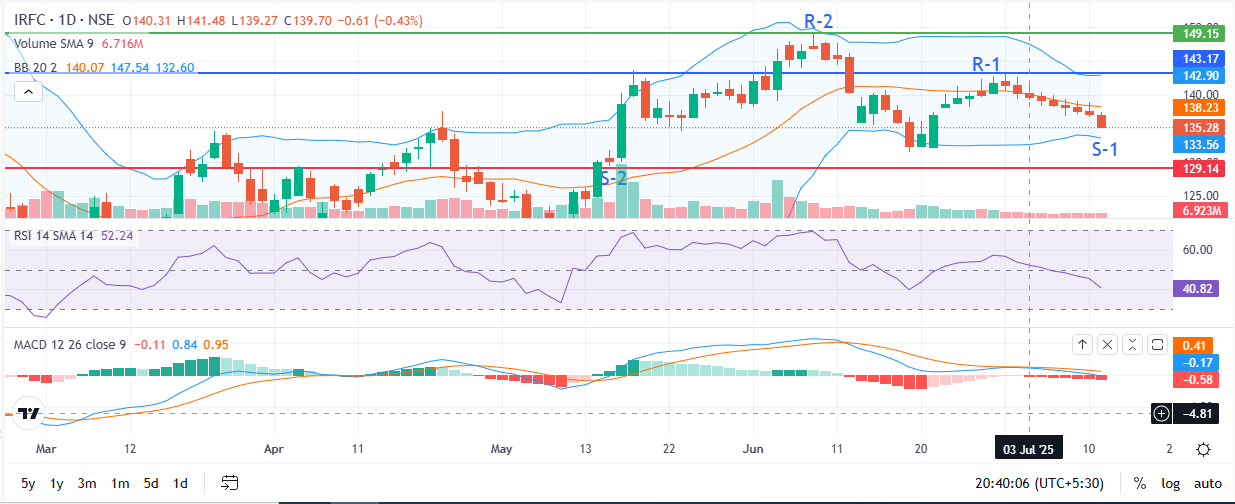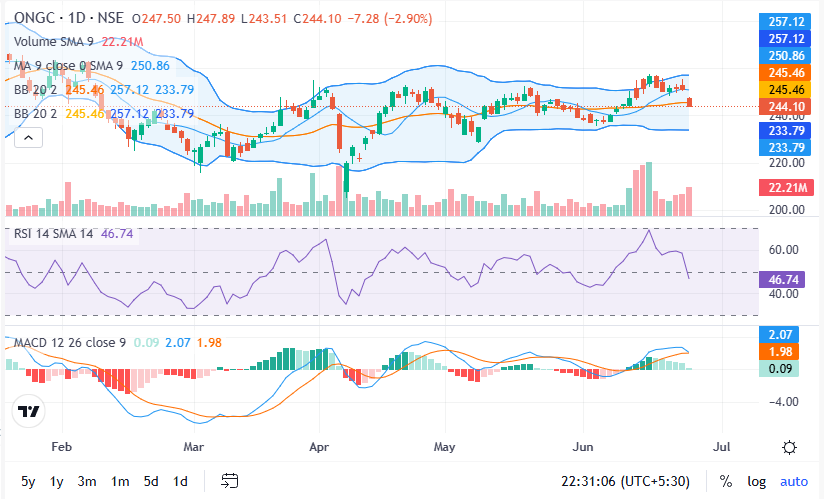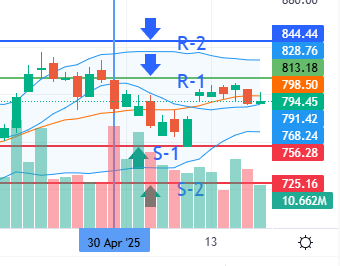Overview
Over the past ten years, value investing—a tried-and-true method popularized by Benjamin Graham and Warren Buffett—has attracted a lot of interest in India. Many retail investors are using this fundamentally based method of investing in equities shares as they grow more conscious of the importance of long-term wealth growth. However, what is value investing exactly? How can this approach be successfully implemented by Indian investors? And who are the reliable sources to rely on? Let’s get started.
Value investing: what is it?
Finding and buying equity shares that are trading below their inherent or book value is known as value investing. The basic idea is straightforward: purchase low, hold long, and wait for the market to gradually determine the stock’s actual value.
This strategy mostly depends on patience, knowledge of business principles, and financial analysis. It involves purchasing solid companies at a discount that have steady earnings, sound balance sheets, and room to grow.
Essential Value Investing Principles
Every Indian investor should be aware of the following fundamental principles of value investing:
Safety Margin
Invest only when the stock’s intrinsic worth is far higher than the market price. The downside risk is decreased by this cushion.
Long-Term Perspective
The goal of value investing is not to make quick money. Allowing the market to assess the stock’s true value takes time.
Pay Attention to the Basics
Examine data such as cash flows, debt levels, ROE, P/E and P/B ratios. Strong fundamentals help a business weather market turbulence.
Contrarian Thinking: Value investors frequently purchase distressed stocks that are momentarily out of style, defying market sentiment.
Maintaining Financial Self-Control
Steer clear of rash trading judgments. Adhere to your investment and analysis objectives.
India’s Leading Value Investing Advisors
If value investing is important to you, you can improve your approach by following the proper mentors and advisors. Several well-known figures in India’s value investing market are:
- Rakesh Jhunjhunwala (Late)
A generation of ordinary investors were inspired by his investments in cheap equities, earning him the nickname “India’s Warren Buffett.” - Ramdeo Agrawal (Motilal Oswal)
Renowned for developing the “QGLP” paradigm, which stands for Quality, Growth, Longevity, and Price and is the cornerstone of value-based choosing. - Raamdeo Agarwal & Motilal Oswal AMC
Classical value investing principles are reflected in their steady value approach through equities funds. - Porinju Veliyath (Equity Intelligence)
A supporter of choosing cheap small- and mid-cap equities that have room to expand. - Basant Maheshwari
Despite his preference for growth investment, Indian investors frequently find his value-related insights to be helpful.
India’s Best Value Stocks to Keep an Eye on in 2025
Value investors have recently taken an interest in the following firms because of their solid foundations, cheap price, and promising future:
⚠️Keep in mind to always conduct your own research. The list below is provided solely for informational purposes.
ITC Ltd.
Despite having robust cash flows and a diverse business that includes tobacco, hotels, and FMCG, the market frequently undervalues it.
Coal India
It is a viable option for value portfolios due to its high dividend yield, robust government support, and comparatively low valuation.
Tata Motors (Especially DVR shares)
EV push and better financials indicate a turnaround. Compared to common shares, DVR shares frequently trade at a discount.
HDFC AMC
In India, asset management is a long-term strategy. HDFC AMC is profitable and has great brand value.
Bank of Baroda or Canara Bank
Public sector banks with robust growth in retail loans, low P/B ratios, and improved balance sheets.
NALCO (National Aluminium Company)
A invests in commodities with the potential for a cyclical upturn, cash surplus, and minimal debt.
How to Begin Investing in Value in India
Here is a brief road map to get you started with value investing if you’re new to the market:
Acquire knowledge in financial analysis
Learn to read income statements, balance sheets, and important financial statistics.
Use Screening Tools
To find cheap stock shares, use platforms such as Moneycontrol, Ticker Tape, or Screener.in.
Diversify, but don’t go overboard.
Having 10 to 15 carefully considered companies is preferable to having 50 unconvinced stocks.
Keep Up with Financial News
Monitor the macroeconomic variables that impact valuation, management commentary, and quarterly outcomes.
Use Value Fund SIPs (Optional)
Mutual funds with a value investing emphasis may be a safer starting place if direct equities seem too daunting.
Hazards to Consider
Value Traps: Not every inexpensive stock is a wise purchase. Some remain inexpensive for a reason, such as inadequate financials, a deteriorating industry, or bad management.
Market Sentiment Delays: The market may not realize a stock’s actual value for years. Emotional stability is necessary for this.
Macroeconomic Disruptions: Geopolitical concerns, inflation, and interest rates can all skew valuations.
Conclusion
When paired with diligence and discipline, value investment in India provides a route to steady long-term profits. Undervalued equity shares in industries including manufacturing, financial services, and fast-moving consumer goods (FMCG) may eventually provide substantial upside as India’s economy continues to expand. Aligning your approach with value-investing ideas can provide portfolio stability and peace of mind, regardless of your level of experience.
Disclaimer:
This article is for informational and educational purposes only and does not constitute financial advice. Investing in the stock market involves risks, and readers should do their own research or consult a qualified financial advisor before making any investment decisions. The views expressed are those of the author and may not reflect the opinions of this blog or its affiliates.




